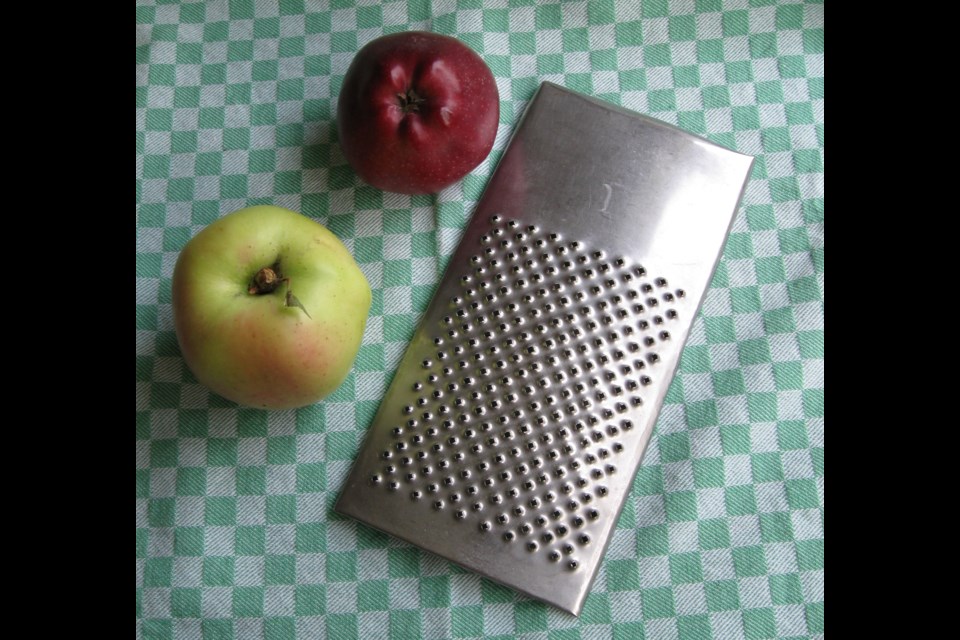Reading about Clyde Tombaugh (1906-1997), the astronomer who discovered Pluto in 1930, triggered a rush of memories, though they had nothing to do with astronomy. In 1928 Tombaugh built himself a telescope, utilizing parts of a car crankshaft and discarded farm machinery. What struck me was that he managed to make do with what he had to hand.
‘Make do’ is a phrase first documented in the 1920s. In earlier times, there was no need for a phrase like that because make do was what people did instinctively. They solved problems, made things, created new things, with whatever they had to hand. It was the only way. There were no specialty shops, no ‘how-to’ guides.
In World War Two, and for the first decade after war’s end, buying what you needed or wanted was difficult. Shops were mostly empty. People again learned to make do. I was born a few years after war’s end. Once I started eating solids, my mother had to prepare my food from scratch. To facilitate this, my father made her a grater from a rectangle of stainless steel which he punctured with 238 nail holes. I still have it. It works better than any manufactured grater or rasp.
Every little girl needs a baby doll carriage, but of course there were none to buy at the end of the war. The problem was solved by rescuing pieces of lumber from the wood-burning stove to build a doll’s stroller, in which I pushed my teddy bear. The wooden stroller looked made-to-measure for me, with handle bars at the perfect height for someone just learning to walk.
By the time I was four, I’d graduated to a real doll carriage. There was nothing to buy in the stores, and my father knew how to make do. He took an old doll carriage that had been shot through during the war and cut portholes in the hood to remove all signs of the damage – thereby not only salvaging, but actually enhancing it!
Today we’re drowning in stuff. Ads jump out at us, Amazon lures us, everyone’s trying hard to get us to hand over money for something they want to sell, which in most instances we don’t need. Every day more things are manufactured, we pay to take them off the sellers’ hands, and we increase the mountains of stuff that eventually, somehow, have to be gotten rid of.
When will we admit we’ve nearly reached the tipping point? We’ve got to stop supporting manufacturers churning out stuff! We’ve got to stop buying stuff!
If you need or want something, look around you. Think about making do – and don’t confuse make do with makeshift, which means temporary. Start to flex the muscles of your imagination. Let ingenuity be your guide. Use what you have to hand. Don’t deviate from the path to your solution.
Remember Tombaugh’s telescope, pieced together from spare parts in 1928? He continued using it as late as the 1990s. It definitely was not makeshift!
Sabine Eiche is a local writer and art historian with a PhD from Princeton University. She is passionately involved in preserving the environment and protecting nature. Her columns deal with a broad range of topics and often include the history (etymology) of words in order to shed extra light on the subject.



